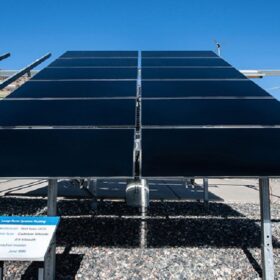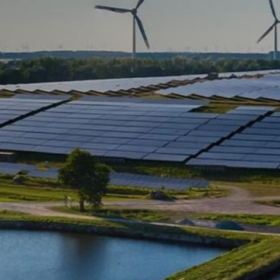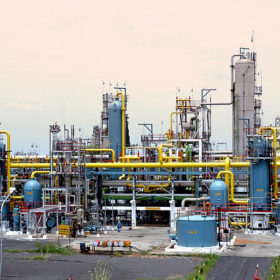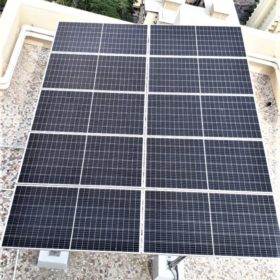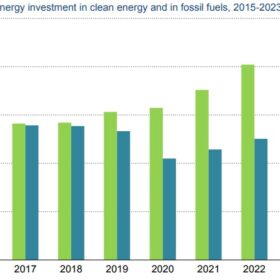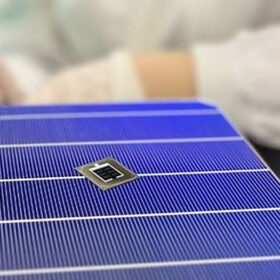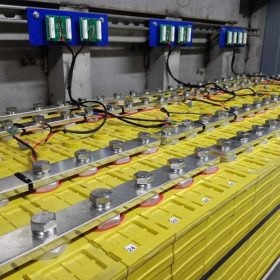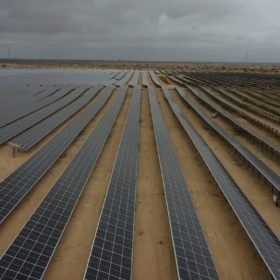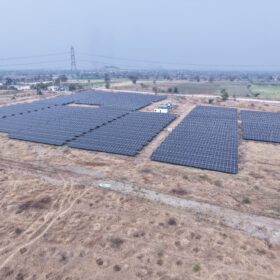Global Electronics Council releases new standard for ultra-low carbon PV panels
The Global Electronics Council has delivered standard inspection processes built upon models combining local power grid emissions and subcomponent energy needs to determine the embodied carbon footprint of globally manufactured solar panels.
CleanMax raises $360 million from Brookfield
The solar and wind project developer said the fund raised from Brookfield Renewable will support its growth plans of becoming a 5 GW+ platform over the next three to four years.
Funds may dry up for APAC oil and gas firms slow on diversification path
While more financiers are committing to limiting capital for fossil fuel, their oil and gas sector borrowers in the Asia Pacific region still adopt a wait-and-see approach to new energy.
India installed 485 MW of rooftop solar capacity in Q1 2023
India reached a cumulative installed rooftop solar capacity of 9.3 GW as of March 31, 2023, with the addition of 485 MW in Q1 2023.
Global investment in clean energy nearly doubles that of fossil fuels
For every dollar invested in fossil fuels, 1.7 dollars are invested in clean technologies. Five years ago, it was a one-to-one ratio, said the International Energy Agency.
L&T advances renewables infrastructure for world’s largest green hydrogen plant
Larsen & Toubro (L&T) is set to begin constructing the renewable energy generation, storage, and grid infrastructure for the green hydrogen production facility in Saudi Arabia, as it has made significant progress from design to procurement.
KAUST claims 33.7% efficiency for perovskite/silicon tandem solar cell
The European Solar Test Installation (ESTI) has confirmed the results of King Abdullah University of Science and Technology’s (KAUST) new perovskite/silicon tandem solar cell. The 1 cm2 device also achieved an open-circuit voltage of 1.974 V, a short-circuit current density of 20.99 mA/cm2, and a fill factor of 81.3%.
Himadri invests US$6.7 million in Australia’s Sicona Battery Technologies
India’s Himadri Speciality Chemical has acquired a 12.79% stake in Sicona Battery Technologies, an Australian startup that specializes in high-capacity silicon anode technology for lithium-ion batteries.
India to add 20 GW of renewable energy capacity in FY2024, says ICRA
ICRA expects India to add 16 GW of solar power generation capacity, 2 GW of wind and another 2 GW from hybrid projects in FY2023-24.
Rajasthan launches 810 MW solar tender
Rajasthan Rajya Vidyut Utpadan Nigam (RVUNL) is accepting bids to develop 810 MW of state transmission utility (STU)-connected PV projects in the Bikaner district. Bidding closes on June 7.
